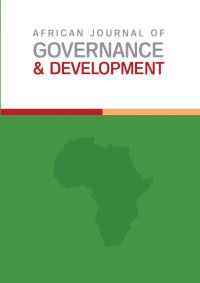Challenges of good governance in Rwanda after the genocide era: A critical review of literature
Main Article Content
Abstract
The issue of good governance has become a major concern of local, national and international development actors. It is widely believed that good governance is a crucial weapon to defend the socio-economic and political problems of the world, particularly in developing countries. This paper, therefore, assesses and analyses the key governance challenges confronting Rwanda after the genocide era. It focuses on the underlying issues of good governance that Rwanda should have to pay attention to. To this end, the paper methodology used was secondary data discovered from authenticated articles, reports and research outputs. The findings of this paper thus indicate that even if Rwanda has achieved a remarkable economic growth after the genocide era, as compared to other neighbouring countries, in the area of good governance and democracy, problems are still immense. These include, among others, a narrow political spectrum, restricted media, unresponsive leadership and the unequal distribution of national wealth. Finally, the paper concludes that the substantial economic growth that is recorded in Rwanda cannot be a guarantee for the long-lasting stability and solidarity of the society, unless the pressing challenges of good governance are well addressed, and open society and democratic government are formed in Rwanda.
Article Details

This work is licensed under a Creative Commons Attribution-NonCommercial-NoDerivatives 4.0 International License.
